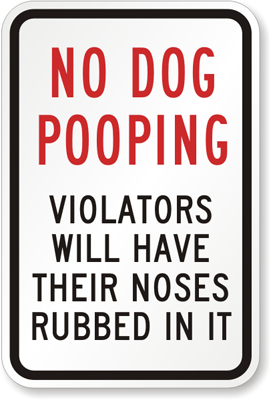I am a non-disabled person. I am privileged because I can transport myself to anywhere I need to be. I know that when I go into a new building, I will be able to access any floor. I know that when I go to class, I will be able to communicate with the professor and my peers. I will admit, before I started at my current job… I never really thought of these things. There were things I didn’t understand and admittedly, made me uncomfortable.
Disability has been present throughout human history in every culture and society, and the number of people with disabilities continues to increase. Of course, not everyone has a disability or will have a disability; but, among the dimensions of inequality and oppression, disability is an equal opportunity situation, in that anyone can become a part of at any time.
In the news and other media, there is a lot of talk about racism, sexism, ageism and all the other ism’s. But how much attention does the discrimination against persons with disabilities get? Answer: Not much. I work with people with disabilities every day, and it has become a passion of mine to make an impact on the structural oppression of this population, and educate others.
So, here’s a little etiquette lesson and quiz….test yourself.
1) Using these unacceptable terms commonly used to describe people with disabilities and disabling conditions, complete the following sentences:
BOUND CRIPPLED VICTIM CONFINED PROFOUNDLY SUFFERER
____________ to a wheelchair.
____________ cerebral palsy.
____________ deaf.
Wheelchair ____________.
____________ of blindness.
____________ children.
2) Question: Where does the term “handicapped” come from?
3) True or False? When speaking to a person who is blind, it is rude to use visual references, i.e., “Don’t you see my point?”
4) Under what circumstances would it be permissible to interact with the dog guide of a person who is blind or partially sighted?
5) When meeting a person who has a missing or artificial right hand, it is proper etiquette to:
A) Wait for the person to offer to shake your hand
B) Offer your left hand
C) Offer your right hand as you would anybody else
My work has changed the way I see and interact with the world. Why? Answer: awareness. Think of something you don’t understand, or something that makes you uncomfortable, and I challenge you to face it. Learn more, become educated and then educate others.
This is how change happens.
Answers:
1)CONFINED,SUFFERER, PROFOUNDLY,BOUND,VICTIM,CRIPPLED
2)Beggars who held caps in their hands
3)FALSE, there is no need to change your language to accommodate what YOU see as an “awkward” statement.
4) Proper etiquette is to ask before you interact with a guide dog – the pup is working!
5)C, again there is no need to give special treatment. It can be seen as an insult.







































